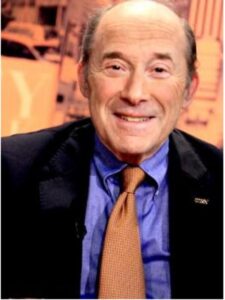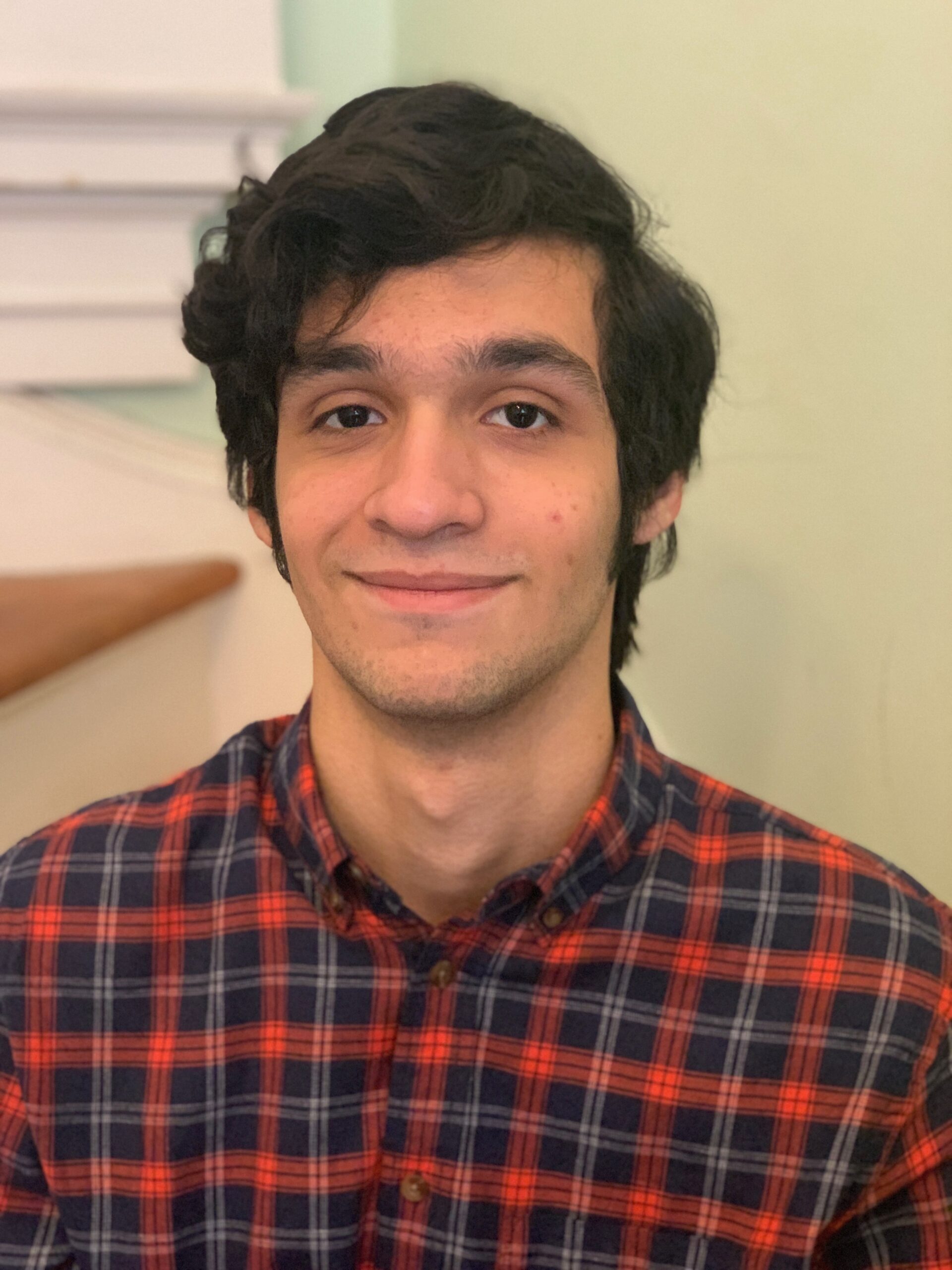In the April episode of “From City to the World”, a CCNY podcast that connects student and faculty research on campus to broader solutions to real-world issues, CCNY President Vincent Boudreau spoke with transportation expert and distinguished professor of civil engineering Dr. Robert Paaswell about the federal infrastructure initiative and its implications on the longstanding inequities ingrained in the New York public transit system.
In the context of New York City, Dr. Paaswell believes the newfound federal focus on updating America’s infrastructure — which ranked 13th internationally in a 2019 World Economic Forum report — will have its greatest impact on public transportation, an industry he has spent over six decades in, working in operations management and planning.
These changes will be done with this generation’s priority for sustainable, eco-friendly practices in mind, Dr. Paaswell said.
“We’re going to see a restructuring of the physical environment that’s based on a new set of values that’s coming up from younger generations, which is the way it should be, and hopefully younger generations that are determined to do what they can to slow down global warming, and other crises that we’re facing.”
“I’m very optimistic about that. And I think the new bill can do that by focusing on transit, by looking at how they support highways, and by focusing not only on transit, but in the development aspect, Transit-Oriented Design, and on highways, not on building highways, but building safe streets, building bicycle paths, building more pedestrian-safe communities, more toward an environmentally sensitive environment.”

https://www.ccny.cuny.edu/profiles/robert-e-paaswell
Dr. Paaswell is no stranger to making infrastructure and the planning and policy surrounding it accessible to everyone who uses it. In the late 1960s, Dr. Paaswell aided the creation of a transportation program in Buffalo, New York, which significantly improved transportation services for the elder population of the city. He carried this emphasis on accessibility throughout his career in operations management, such as when he served as the CEO of the Chicago Transit Authority from 1986 to 1989.
Dr. Paaswell also taught at the University at Buffalo for almost two decades, where he established and ran the Center for Transportation Studies and Research, a program that produced what Dr. Boudreau called “a seminal study on the transportation of disadvantaged people.”
The changes to America’s existing infrastructure will not occur overnight, but Dr. Paaswell postulated that New York City may begin to look different as early as this February, the beginning of what he described as a “New York Version 2” for both commuters and operators of transportation systems.
“You’re going to see information-based decisions, you’re going to get on the train, you’re going to see screens with information about the system, where to transfer, how the trains are running, delays, no delays,” Dr. Paaswell said.
“Some of the stations already have that outside of the station information, but it’s going to be an information-loaded world.”
Conversely, transportation operators will have easier access to big data, which will provide useful insight into ridership numbers and route changes that, in turn, help them solve any issues in real-time.
“It’s the idea that information is there, and we can use it, and we’re learning to use it better. It’s going to make all the difference,” Dr. Paaswell said.
No one is better prepared to address existing and future infrastructure and transportation needs than the current and next generations of civil engineers, Dr. Paaswell said, many of whom are studying at CCNY.
Now, Dr. Paaswell believes, it falls on transportation experts and researchers to adapt to the totality of technology to sufficiently equip their students to build infrastructure for subsequent generations.
In addition to teaching at the Grove School of Engineering, Dr. Paaswell is the Director Emeritus of the University Transportation Research Center (UTRC) at CCNY, a federally-funded program that facilitates research and provides training for transportation professionals.
Dr. Paaswell emphasized that much-needed innovations and changes to existing infrastructure will also require training the next generation of workers in the transportation field, a task the UTRC has proudly taken on since its inception.
“We’re training our students to be engineers, architects, planners, business school administrators, but they’re all using new tools,” Dr. Paaswell said, “And the importance of the education component is that we have to be on top of those new tools to make sure that the students that we have are prepared for lifelong careers in the infrastructure industry.”

Gabriel is a student at the Weissman School of Arts and Sciences at Baruch College, double majoring in journalism and political science. He is also the editor of the Science & Technology section of Baruch College’s independent, student-run newspaper, The Ticker.